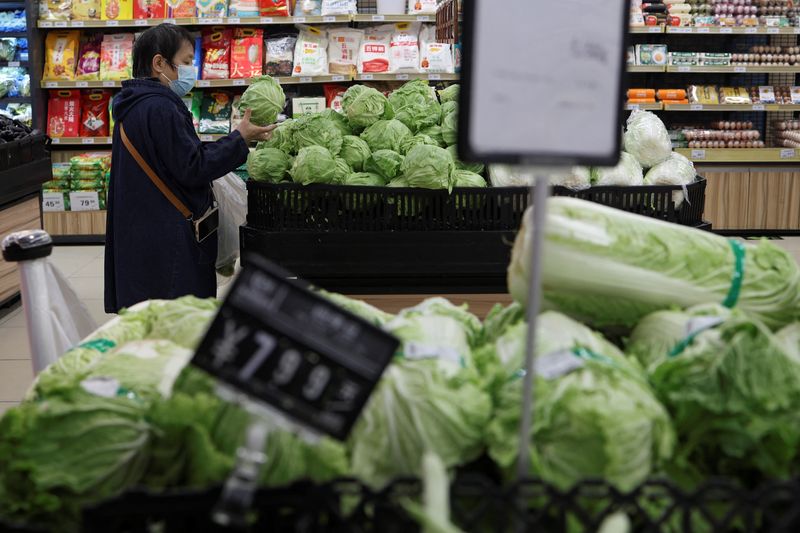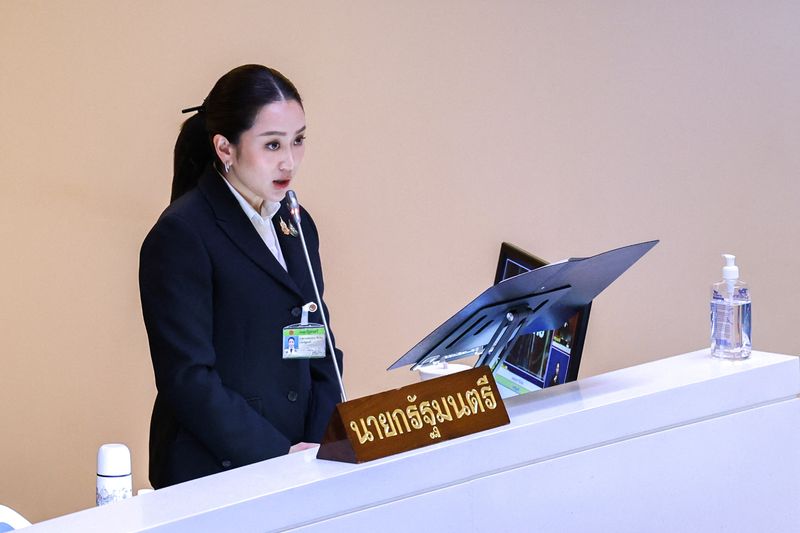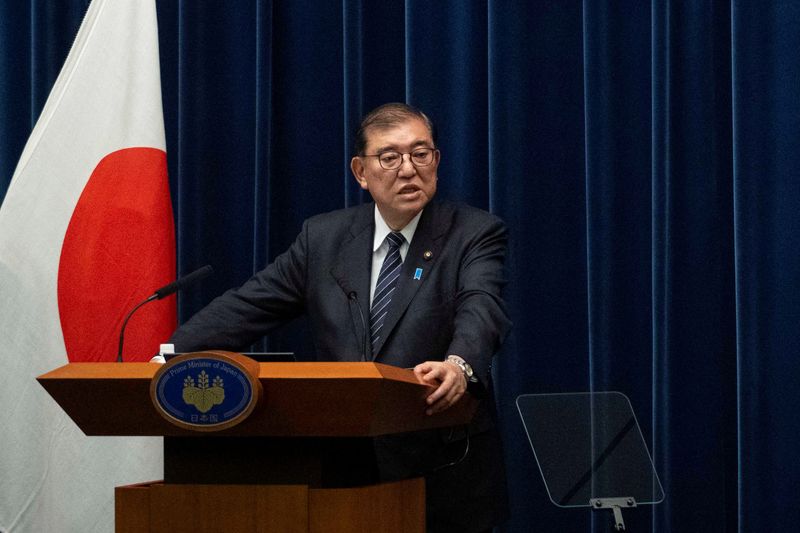BEIJING (Reuters) – China will ramp up fiscal support for consumption next year by raising pensions and medical insurance subsidies for residents as well as expanding consumer goods trade-ins, its finance ministry said on Tuesday.
The country will boost the basic pension for retirees and for urban and rural residents and raise financial subsidy standards for urban and rural residents’ medical insurance to help “vigorously” boost consumption, the ministry said after concluding a two-day national fiscal work conference.
China will also intensify support for consumer goods trade-ins and expand effective investment and drive more social investment through government investment, the ministry said.
The measures will improve people’s livelihoods and the policy system to support population growth as well as strengthen the social security network and health care system, it said.
Fiscal spending will enhance technological innovation capabilities and fully support the research and development of key core technologies and promote industrial upgrading, the ministry added.
At an agenda-setting meeting this month, Chinese leaders pledged to increase the budget deficit, issue more debt and loosen monetary policy to maintain a stable economic growth rate as it girds for more trade tensions with the U.S. when Donald Trump returns to the White House.
Chinese authorities have agreed to issue 3 trillion yuan ($411.04 billion) worth of special treasury bonds next year, Reuters reported on Tuesday, citing two sources. That would be the highest on record as Beijing ramps up fiscal stimulus to revive a faltering economy.

Reuters reported last week that Chinese leaders have agreed to raise the budget deficit to 4% of gross domestic product next year, its highest on record, while maintaining an economic growth target of around 5%.
($1 = 7.2985 Chinese yuan renminbi)










